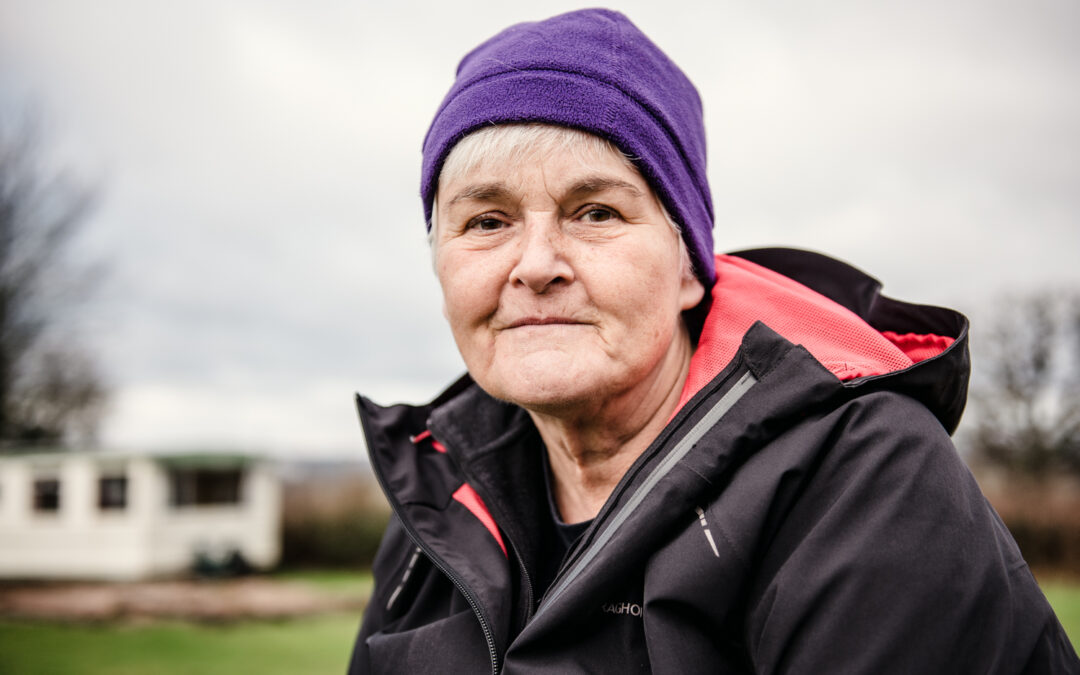Sponsored Post
The prospect of research can offer hope to many of those faced with a dementia or mental health diagnosis, as well as family and friends also affected.
However, for researchers to continue to find better ways to identify, treat, diagnose, and potentially prevent neurological conditions such as dementia, they need to know as much as possible about what it is exactly.
Enter UK Minds, a collaborative nationwide research project between the National Centre for Mental Health (NCMH) and Akrivia Health that is looking to learn as much as possible about dementia and other mental health diagnoses.
The project will combine data that NCMH Researchers collect from participants through one-to-one interviews and includes genetic data (in the form of blood samples) with anonymised NHS health records held within the Akrivia platform.
Learning more about dementia
In doing this, researchers will have access to an extensive and anonymised database that will allow them to learn more about dementia, including the genetic and lifestyle factors that impact the development of the condition.
“Why is taking part in dementia research so important to me?” Sue’s story
We recently visited Sue, who was diagnosed with vascular dementia in 2014 when she was 57. She has since raised awareness of dementia research across the UK by sharing her story with others through TV, radio, and social media. Sue is also a Champion for Alzheimer’s Research UK and has helped raise over £30,000.
“I was invited by the Dementia Research Institute in Cardiff to deliver a talk, and whilst there was approached by a researcher from the NCMH who asked if I would be interested in participating in their new project, UK Minds.
Dementia research is crucial
“I am so passionate about research. To me, it’s the only way we are going to find cures for the diseases that cause dementia. Because of this, I’m always keen to raise awareness around dementia and research in as many ways as I can.
“The research team who visited me made the whole process a pleasant experience. Even the blood sampling was seamless, despite my not being a fan of needles (though I have two tattoos)!
“The actual process of taking part was very relaxed. I sometimes found the questionnaires to be a bit lengthy, but I felt comfortable enough to share this with the team, who value the honest feedback of participants and assured me they are always looking for ways to improve.”
How can I take part?
To take part, visit the NCMH website and complete an online survey.
After this, an in-person meeting will be arranged between you and an NCMH Researcher where they help you fill out a questionnaire and take blood samples (if applicable).
